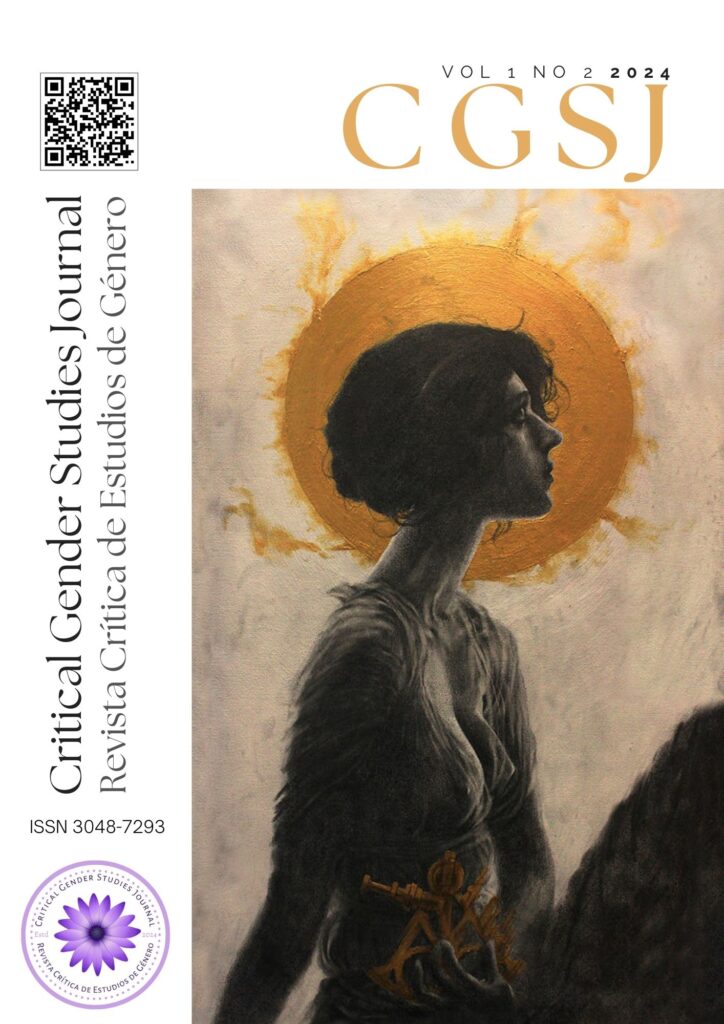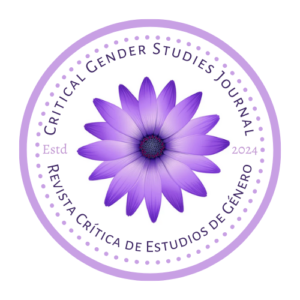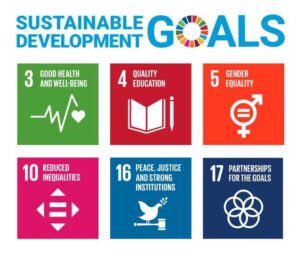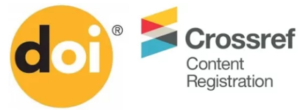Publication Policy and Ethics
Publication Ethics
We take publication ethics very seriously and strive to uphold them in every aspect of our work. We follow the best practices and standards established by various academic associations to ensure the quality and integrity of our publications and editorial process. We urge and welcome all the stakeholders involved with the journal, such as authors, reviewers, editors, and readers, to adhere to the ethical principles stated on our website.
Authorship
All published materials, such as articles, book reviews, poems, or art pieces, should acknowledge the authors properly. As we use the online medium, the corresponding author has the main duty to uphold the publication ethics by following the rules below:
Appropriate attribution and acknowledgement
The corresponding author is responsible for the following:
- Submitting an original research work,
- Informing all the co-authors about the submission,
- Obtaining consent from all the co-authors for publication,
- Recognizing the authors’ contribution properly,
- Acknowledging the assistance or support of other people or parties, if any,
- Signing and sending the Conflicts of Interest document on time.
Changes in Authorship
Authors may ask the Chief Editor to modify the authorship of their manuscript. The journal’s Editorial Board can approve or reject the request. Changes will only be allowed if the authors have a good justification and consensus. The journal may announce any change that occurs after publication.
Ghost,’ ‘guest,’ or ‘gift’ authorship
We condemn the dishonest practice of adding ‘Ghost,’ ‘guest,’ or ‘gift’ authors (or anyone who did not contribute significantly to an article) and act accordingly to prevent such practices.
Publication Process
We require that everyone involved in the publication process of the journal, such as editors, reviewers, and website managers, adhere to the global standards of ethics and quality. We promise to improve the quality and impact of our publications. We also expect the authors to show the same dedication and responsibility to follow the international ethical guidelines established by various academic associations.
Submission
While submitting to our journals and magazines, authors must strictly adhere to our guidelines. We reserve the right to take action against any of the practices mentioned below.:
Simultaneous Submission to Other Publication Agency:
Manuscripts are accepted on good faith that they have not been submitted or will be submitted to other journals during the review process. Authors found to have made simultaneous submissions during peer review will face appropriate consequences.
Plagiarism
Authors submitting work to us are expected to understand plagiarism properly. It is important to avoid copying any material without giving proper credit or obtaining legal permission. Authors should acknowledge others’ works and obtain permission directly from the concerned parties before using any material. The journal will not be responsible for any copyright violations.
Defamation or Promotion
We kindly request that authors refrain from including any defamatory or promotional content. This includes statements that could harm the reputation of individuals or organizations and content that overtly promotes products, services, or personal agendas. We aim to maintain a professional and respectful tone throughout our publication, ensuring that all contributions are informative, balanced, and free from bias.
Gender, Racial and Language Bias:
At CGSJ, we are dedicated to creating an inclusive and fair environment for all contributors and readers. We understand the significant impact of language and representation in perpetuating or dismantling biases. Therefore, we are committed to ensuring our publication is free from gender, racial, and language biases.
Gender Bias: We encourage using gender-neutral language and discourage stereotypes that reinforce traditional gender roles. Authors should use inclusive terms and avoid assumptions about gender identities. When referring to individuals, please use their preferred pronouns and titles.
Racial Bias: We are committed to promoting racial equity and representation. Authors should consider racial terms’ historical and cultural contexts and avoid language that marginalizes or stereotypes racial and ethnic groups. We support using terms that respect the identities and experiences of all racial and ethnic communities.
Language Bias: We advocate for using clear, respectful, and inclusive language. This includes avoiding jargon that may exclude non-expert readers and being sensitive to our audience’s diverse linguistic backgrounds. Authors should aim to communicate in a way that is accessible and respectful to all readers.
Commitment to Equity: Our editorial policies are designed to uphold these principles. We actively seek to publish work that reflects diverse perspectives and experiences. We also encourage authors to carefully consider the implications of their language choices and engage with these guidelines.
We aim to contribute to a more inclusive and equitable academic community by adhering to these standards. We welcome feedback and suggestions from our readers and contributors to continually improve our practices.
Steps Against Misconduct
In response to unethical practices, we may implement one or more of the following measures:
- Retraction: The published content will be retracted with a formal notification.
- Modification: A revised version of the content will be published, accompanied by a justification for the changes.
- Blacklisting: The author will be blacklisted and prohibited from submitting future work.
- Notification: Evidence of misconduct will be communicated to the author’s institution, superior, and/or relevant authorities.
Conflict of Interest
To ensure transparency in our publication process, we urge all participants—authors, editors, reviewers, and other involved parties—to avoid any conflicts of interest. Our publication policies and guidelines are regularly updated to address these issues and maintain the integrity of our work.
Authors
Authors contributing to our journal must be vigilant about avoiding any conflicts of interest, whether financial, promotional, or honorary. The corresponding author is responsible for submitting a Conflict of Interest document, signed by all co-authors, to ensure transparency and integrity.
Editors and Reviewers
Editors and reviewers are expected to avoid potential conflicts of interest while fulfilling their roles. This is crucial for maintaining the integrity of our publication ethics and enhancing the journal’s standards. They are required to adhere to the guidelines provided via email. The chief editor manages any internal conflicts of interest, ensuring privacy and taking appropriate measures.
The publisher strictly upholds the professional independence of the editorial board members. The board operates with full autonomy in its scholarly duties, free from any interference by the publisher.
Peer Review System
We employ a Double Blind Peer Review process to evaluate submitted works. This ensures that the identities of both reviewers and authors remain confidential. Initially, submitted articles are assessed for their adherence to the journal’s standards and scope. Articles not meeting these criteria are promptly rejected, and the decision is communicated to the author. If the editors find the submission satisfactory, they will select two or more reviewers for a detailed evaluation. In cases of disagreement between reviewers, the Chief Editor will resolve the matter.






